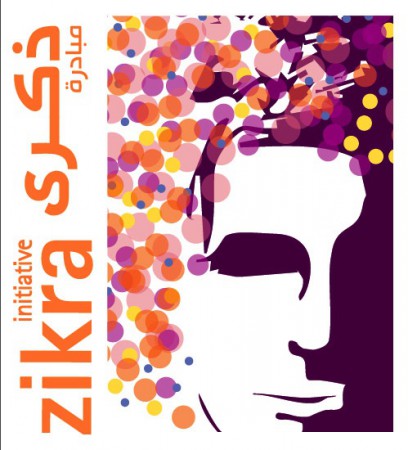 In 2007, after I learned that the government of Jordan had declared a poverty pocket in the community known as Ghor Al Mazra’a (Jordan Valley) in the governorate of Al Karak, I founded something called the Zikra Initiative, an ‘exchange tourism’ program through which city-based people can immerse themselves in the uniqueness of a rural area through workshops led by locals.
In 2007, after I learned that the government of Jordan had declared a poverty pocket in the community known as Ghor Al Mazra’a (Jordan Valley) in the governorate of Al Karak, I founded something called the Zikra Initiative, an ‘exchange tourism’ program through which city-based people can immerse themselves in the uniqueness of a rural area through workshops led by locals.
I already knew about the Ghor Al Mazra’a community, especially their struggles. Their history is marked by discrimination due to their dark skin colour, and their village is beset by insufficient household income and a lack of investment or job opportunities. As a consequence of this, the people have been stereotyped as poor, lazy and inadequate. I wondered how I could make a difference.
Start by Connecting People
As I write this today, it seems like we have come so far since then, and yet there is still so much to be done. Not long ago, I felt this more strongly than usual as I looked out at a group of young urban professionals enjoying a Zikra Initiative exchange tourism trip.
I saw the importance of creating a space for enjoyable experiences that allow all involved to contribute. I saw how proud the people of Ghor Al Mazra’a felt while teaching the CEO of an investment company how to make coasters and ornaments out of plastic bags, weave baskets from banana leaves and prepare a rosary from olive seeds. I watched the amazement of a lawyer from Amman when he learned that shrak bread (traditional bread) is made simply from wheat, water and salt. I smiled when others watched as others discovered that kohol (Arabian eyeliner) is easily made by burning in a covered metal container several pieces of white cloth that have been immersed in olive oil. During this process, the black smoke sticks to the cover, which, after having been set aside for approximately an hour, results in the kohol that is used as a beauty product.
At the end of that trip, which included a delicious dish of gallayet bandora – a traditional tomato-based stew – a young professional from Amman to me “I used to pass this area on my way to Aqaba by car and I used to wonder what the people and the kids would say if they saw me not wearing hijab, how they would treat me. But today I felt how friendly they are and how it felt like home. I had a lovely chat with one of the ladies teaching me how to make kuffieh tassels; we talked about our families and life. I discovered how simple life is here and how complicated our life is in Amman.”
How ironic it is when you consider the other perspective, as shared by Umm Ahmad, a local from Ghor Al Mazra’a. She told me “We could never have never imagined that people from Amman would come down here and sit with us and learn from our traditions. We never thought that we had something valuable for people. It really gave us a sense of belonging and it motivated us.” She concluded with “They are rich financially, but I am rich in my traditional skills.”

On Bandora (tomato) Day, the Zikra Initiative trip treats visitors to a day of tomato harvesting in Ghor Al Mazra'a, Jordan. They learn about tomato growing, tomato spices and tomato cooking, including preparation of a lunch of 'gallayet bandora', the traditional Jordanian tomato-based stew eaten with shrak bread and sweet tea. Photo courtesy of the Zikra Initiative
Discovering What We Have
I decided to launch the Zikra Initiative (zikra is Arabic for ‘memory’) to reach out to the estranged Ghor Al Mazra’a community through a traditional charity drive. I collected clothes and household items from the residents of Amman, Jordan’s capital, and I delivered them to the Ghor Al Mazra’a community.
Working through this process was not uplifting; rather, it felt demeaning. One party was a giver and the other a receiver. There was an uneven and unfair balance of power. As I distributed the items, however, I realised that I had found my first treasure: Looking around, I saw the Ghor Al Mazra’a community’s rich culture and lifestyle. As a city dweller, I was the one who felt ‘poor’ in my knowledge and practice of my own cultural traditions.
Believing that riches and poverty come in many forms, I therefore decided to capitalise on the positive aspects of the local community, as well as those found in the capital. I had to look for what people have, not what they lacked.

Discussion
No comments yet.